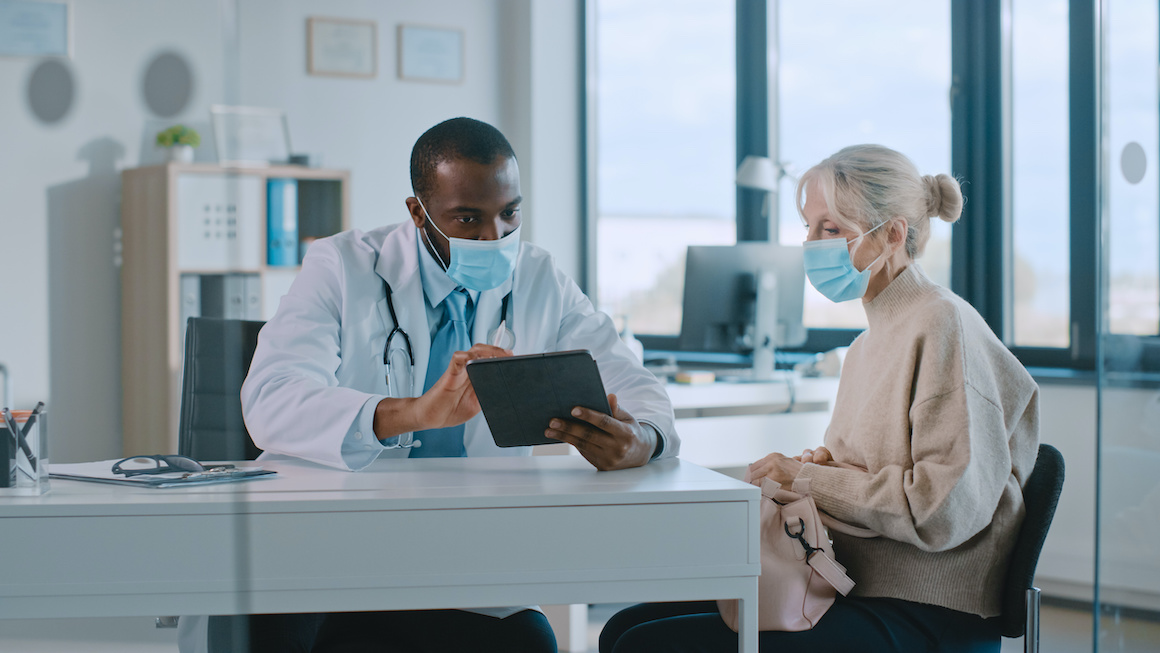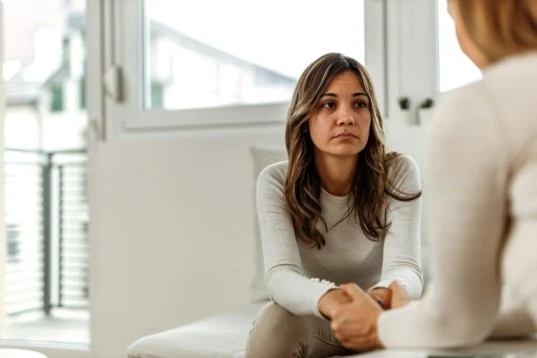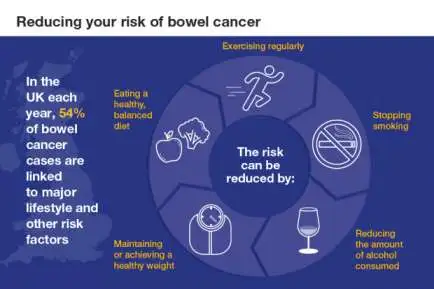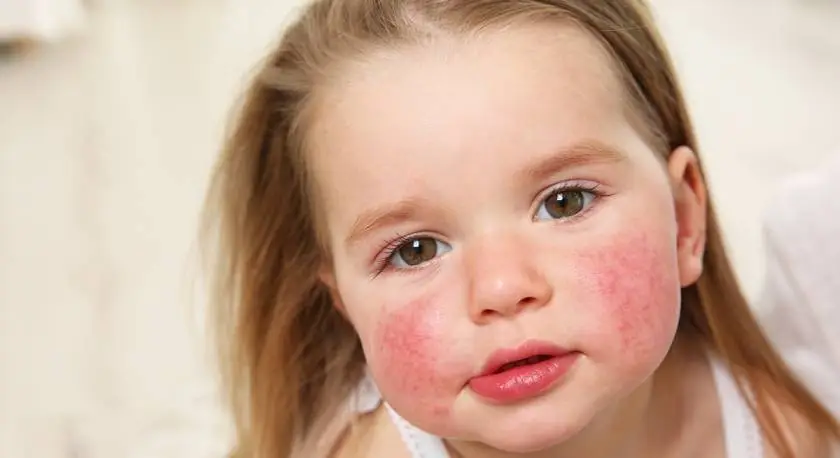
Many U.S. adults will get unwelcome news from their doctors as they age – that they’ll have to take medications. Why? There are three health conditions that often become more common with age—high LDL (“bad”) cholesterol that raises your risk of cardiovascular issues, high blood sugar that raises diabetes risk and low bone density that raises the risk of fractures.
No Meds for Me!
But what if your first reaction is: “No meds for me!”? We get it, so we asked experts for Plan B–whether intensive lifestyle changes could correct these issues, without the need for medication.
Their answer? Sometimes. It takes effort. Typically, doctors give you three months to “clean up your act.” Here’s what to know if you hear one of these in your next checkup.
“You need a statin. Your bad cholesterol is very bad.”
LDL: “The most effective strategy that reduces the bad cholesterol is a consistent exercise routine,” says Benjamin J. Hirsch, MD, a cardiologist at Northwell Health, Great Neck, NY, and director of preventive cardiology and assistant professor of medicine(cardiology) at Hofstra University. The plan: 30 minutes of moderate intensity exercise a day, 5 days a week, or 75 minutes of high intensity exercise 3 or 4 days. He has seen patients avoid statins (and even discontinue them) after adopting this routine. He also recommends following the Mediterranean, DASH or vegetarian diets to improve cholesterol levels.
And what of patients who tell them they barely eat? He refers them to a nutritionist to discover the truth. “People aren’t aware of their own patterns,” he says. Focus on eating a diet with less red meat and more fruits and vegetables, plus reducing butter intake, adds Connie Diekman, RD, a St. Louis dietitian and former president of the Academy of Nutrition & Dietetics who wrote The Everything Mediterranean Diet Book.
“You need a drug to lower your blood sugar.”
Blood sugar: Diet changes can help, Hirsch says. Cut down on bread, chips and especially processed foods, the latter linked to substantial health harms. “It’s OK to eat bread in a small quantity—2 pieces a day as a general rule.” Focus on fruits and vegetables and drink more water, Hirsch says. Emphasize carbohydrates from whole grains, such as bread, cereal, whole wheat pasta and brown rice, Diekman says, in lieu of simple sugars like jelly, jam, candy or other sweets. Keep meals fairly equal in terms of the carbs and protein you eat. Examples: Cereal with milk, spread peanut butter on bread. Exercise can help prevent overeating. Regular cardio workouts help manage blood sugar, too, Diekman says.
“You need a bone-building drug.”
Bone density—Strength training can play a role in slowing down your bone loss, and maybe even build bone.
Traditionally, healthcare experts have been reluctant to prescribe anything but low-impact strength and weight training for older adults, but a study known as LIFTMOR found that a routine known as HiRIT (high-intensity resistance and impact training) was better than low-impact training in improving bone mineral density in the spine and hip area in older women. HiRIT involves short bursts of intense activity. The study evaluated 101 women, on average 65 years old, assigning them to the low-intensity or high-intensity groups. Caveat: Get supervision, don’t try it at home.
But Can You really avoid meds with lifestyle changes?
Diekman reminds people that even if they make dramatic changes in diet and exercise to improve their health, and make some improvement, it may not get them to the goal they need to avoid medication. However, she says, “the need for medication will be lower than if they had not changed their diet.” And that’s still a reason to consider the efforts a success.
Want some extra help with that exercise? Visit here for live links on all Senior Planet’s current/upcoming Health and Fitness activities.
This article offered by Senor Planet and Older Adults Technology Services is for informational purposes only and is not intended to substitute for professional medical advice, diagnosis, or treatment. Always seek the advice of your physician or other qualified health provider with any questions you may have regarding any medical condition. If you think you may have a medical emergency, call your doctor or 911 immediately.
Related Post
 29
29 Jul
Which Symptom Indicates That Someone May Need Mental Health Treatment?
Today! In this article!, you can find the best treatment for mental health. Which symptom indicates that someone may need mental health treatment? Perceive the indications of requiring emotional well-being treatment and assume responsibility for your prosperity. Try not to hold.
Read More 08
08 Jul
What Is Self-Management of Chronic Disease?
Diabetes, joint inflammation, hypertension, lung illness, corpulence and other persistent sicknesses can make life challenging to oversee for a great many more seasoned grown-ups, frequently compelling them to surrender their freedom. The Challenges of Chronic Disease More established grown-ups are lopsidedly impacted.
Read More 01
01 Jul
7 Lifestyle Tips to Reduce Your Cancer Risk
How in all actuality do individuals bring down the possibilities getting malignant growth? There's a lot of exhortation. Yet, on occasion, guidance from one review conflicts with the exhortation from another. Disease avoidance data keeps on creating. In any case,.
Read More 27
27 Jun
Effective Allergy Treatments for Kids: A Comprehensive Guide
Is your youngster experiencing a runny nose, sniffling, and bothersome eyes? Assist them with feeling improved with these regular sensitivity cures you can attempt at home. Does your kid have a runny nose, sniffling, and irritated eyes? They may be managing.
Read More